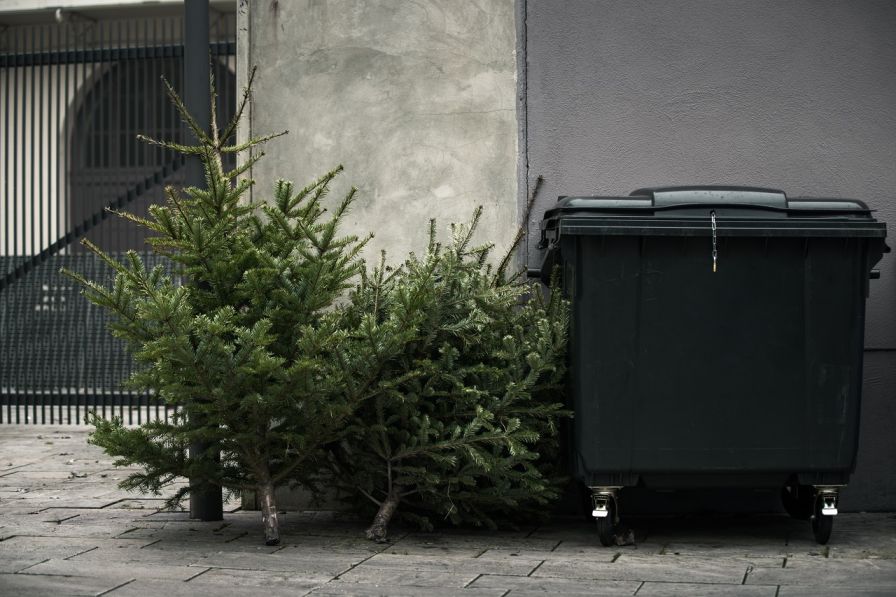Let’s All Follow Dunbartonshire’s Example
- By Adam Watts
- 12 Jul 2017

Let's All Follow Dunbarntonshire's Example
Whilst people across the UK may have been wishing for snowflakes and shimmering frost back in December, East Dunbartonshire surpassed itself by having its greenest Christmas ever.
With the local council’s efforts to encourage residents to reduce, reuse and recycle clearly having a huge effect, a hefty 21 tonnes of real Christmas trees were taken to recycling centres and collected from household kerbs at the end of the festive season, which were then turned into compost for use in public parks and private allotments alike. An especially nice touch was that the tree collection points were very accessible, such as the Homebase in Milngavie, the Bishopbriggs Retail Park and William Patrick Library in Kirkintilloch. So after families had enjoyed stuffing their bellies with turkey, Quality Street chocolates and Bucks Fizz and decided to go spend their Christmas money, it was very easy for them to drop off the shedding conifer for environmentally friendly reprocessing at the same time. Consequently, there was a 15% increase in tree recycling on the previous year, which is quite an achievement.

Meanwhile, 151 tonnes of food was recycled in East Dunbartonshire over the festive period, which was also a 15% rise on the local council’s average weekly activity. With 2013 being the first year of the area’s food recycling service, it seems they received more sprouts, mashed potato and pigs in blankets than anticipated, but clever planning and efficient facilities meant that they hadn’t bitten off more than they could chew.
On top of that, residents led a campaign to increase the recycling of Christmas cards and wrapping paper, which was met with a mighty 21% increase in dry recycling compared to Christmas 2012.
We’re very impressed with this result and sincerely hope that other councils and their residents follow suit. Recycling is so important – not simply for the environment, but also for the economy. Ineffective waste disposal is expensive for the country, as materials are quite literally thrown away. Recycling, on the other hand, is a more complex process, but it results in far less damage to both the local and global ecology through the returning of materials into the nation’s infrastructure, from paper and glass to clothing and compost.
Can you improve your home and workplace waste management? Even if you currently recycle everything you can (including bus tickets, batteries and electrical products), perhaps you could make the process more efficient by washing out and crushing food packaging before chucking it in its designated bin. Let’s show East Dunbartonshire that we respect their achievements and walk beside them on the path to making Britain a zero waste economy.














